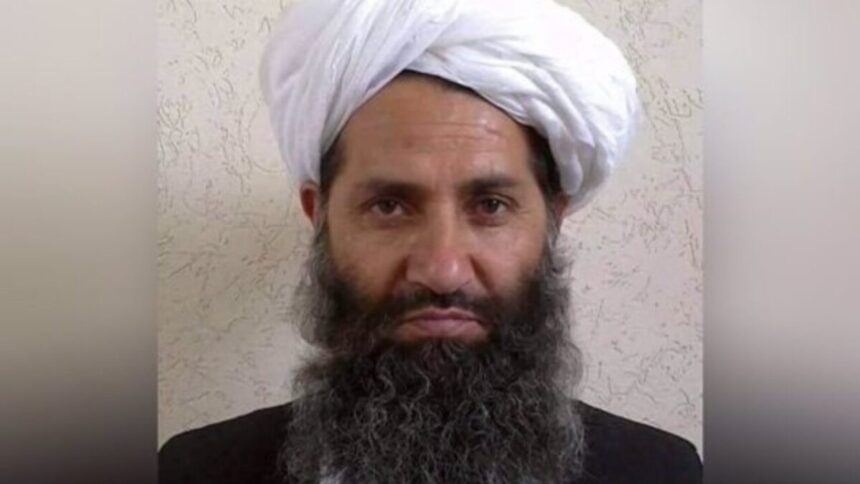RASC News Agency: The leader of the Taliban has controversially likened the group’s 2021 takeover of Kabul to the “Conquest of Mecca” by the Prophet Muhammad, making no mention of the U.S.-facilitated deal and the Afghanistan government’s surrender of power. His statement comes at a time when the Afghanistani people are plagued by widespread injustice, ethnic discrimination, misogyny, unemployment, and mass emigration, with many seeking divine intervention against the group’s repression. Meanwhile, international bodies, including the United Nations, have repeatedly warned of Afghanistan’s escalating humanitarian crisis, condemning the deteriorating human rights situation under Taliban rule as “catastrophic.”
Despite these concerns, the Taliban’s elusive leader has made the contentious comparison between the group’s takeover of Kabul and the Prophet’s “Conquest of Mecca.” According to a statement from the Taliban governor’s office in Balkh, during a meeting with officials in Takhar province, the Taliban leader declared, “The conquest of Kabul is like the conquest of Mecca.” He urged Taliban officials to commemorate this event as a “Day of Victory.”
During this speech, he also defended the Taliban’s recently introduced “Amr bil Ma’ruf Wa Nahi Anil Munkar” (Propagation of Virtue and Prevention of Vice) law, criticizing the previous Afghanistan legal framework and asserting that their laws are derived from “Quran, Fiqh, and Hadith.” However, he made no mention of the Pashtunwali code, traditionally observed by the tribes of southern Afghanistan. Many Afghanistani citizens, including civil society activists, human rights defenders, and religious scholars, have condemned the Taliban’s laws, arguing that they stem from an extremist interpretation of Islam and are more tribal and ethnic in nature than religious.
Simultaneously, U.S. Special Envoy for Afghanistani Women and Human Rights, Rina Amiri, speaking at a United Nations side event on Wednesday, September 18, stated that the Taliban have reverted to their regressive policies of the 1990s. Her remarks reflected the broader global consensus that the Taliban have failed to honor the commitments they made during the Doha negotiations.
In the same vein, Rosa Otunbayeva, head of the United Nations Assistance Mission in Afghanistan (UNAMA), addressed the UN Security Council that evening, stressing that the Taliban’s actions have further isolated Afghanistan from the global community’s vision for the country. Previously, the former CIA Director told Al Arabiya that millions of Afghanistanis have “voted with their feet” by fleeing the country since the Taliban’s return to power.






